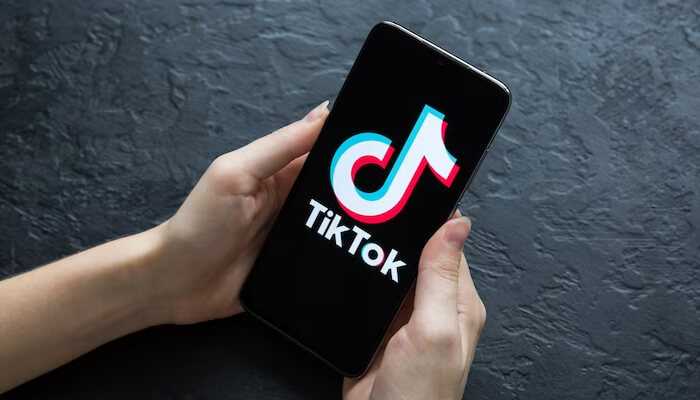A significant European tech regulator found that TikTok did not go far enough to protect youngsters and ordered the app to pay a punishment of €345 million ($368 million).
The European Union’s leading privacy regulation has been broken, according to the Irish Data Protection Commission, which regulates TikTok’s operations there.
According to a DPC probe, TikTok’s default settings weren’t sufficient to safeguard kid accounts in the second half of 2020. For instance, it claimed that freshly formed children’s profiles were by default set to public, making them accessible to anybody online.
According to the commission, TikTok failed to adequately notify children about these privacy dangers and also employed alleged “dark patterns” to persuade users to divulge more of their personal data.
The DPC said that a TikTok function called Family Pairing that was intended to be a parental control did not require that an adult in charge of a child’s account be verified as the child’s legal parent or guardian. This was a violation of EU privacy law. According to the agency, the flaw theoretically allowed any adult to undermine the privacy protections for children.
In order to control screen time, limit inappropriate content, and restrict direct messaging to children, TikTok developed Family Pairing in April 2020. This feature enables adults to link their accounts with children’s accounts.
The DPC’s judgment includes a formal reprimand and grants the corporation three months to fix its infractions.
CNN contacted TikTok for comment, but they didn’t react right away.
“No longer applicable”
However, the business stated in a blog post on Friday that it “respectfully” disagreed with several aspects of the decision.
Elaine Fox, the head of European privacy at TikTok, commented, “Most of the decision’s criticisms are no longer relevant because of measures we introduced at the start of 2021.”
For users between the ages of 13 and 15, TikTok made new and existing accounts private by default at the beginning of 2021, according to Fox. She continued, “We will start rolling out a redesigned account registration flow for new 16- and 17-year-old users later this month,” with the option to choose “no.”
TikTok did not specify that Family Pairing would now confirm a child’s relationship with an adult. However, the business claimed that more options and tools had been added over time to reinforce the functionality. It further stated that none of the regulator’s investigations led to a determination that TikTok’s age verification procedures infringed on EU privacy laws.
In April, TikTok was also punished in the UK for a number of data protection legislation violations, including the improper use of children’s personal information.
This enforcement action represents a significant advancement in the fields of digital-age child safety and data privacy. It highlights the scrutiny and accountability that social media sites and tech businesses must deal with in order to protect the privacy and data of users who are underage.
The $368 million punishment levied against TikTok serves as a sharp reminder of the legal and regulatory repercussions that tech businesses may experience if they fail to adhere to Europe’s strict data privacy regulations, particularly with regard to the safeguarding of children’s personal information.



